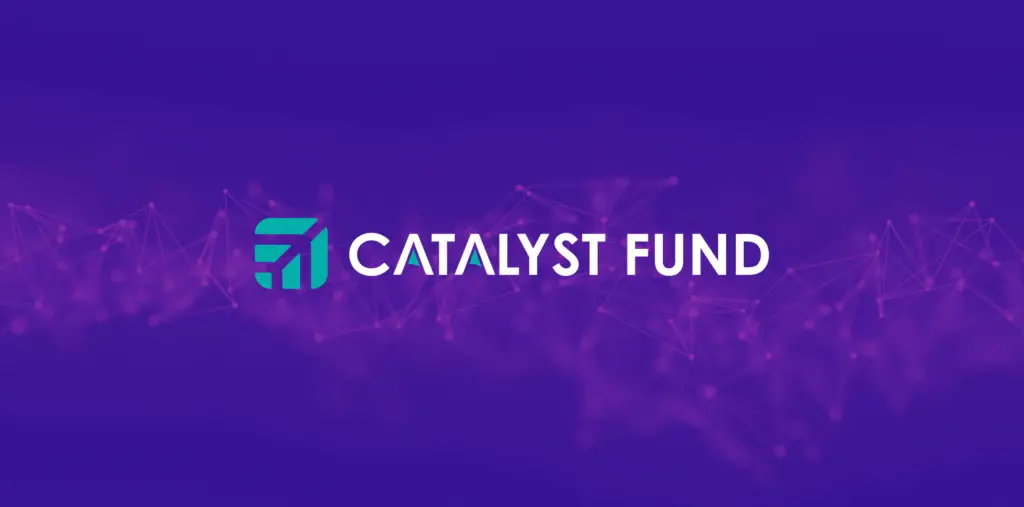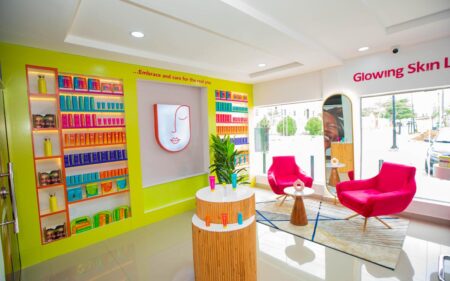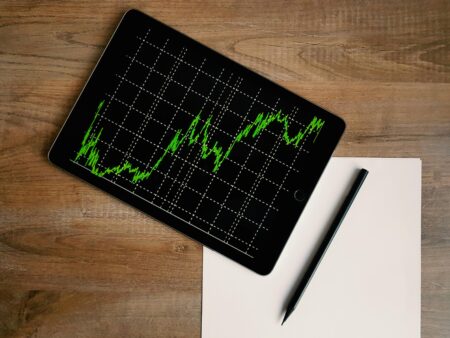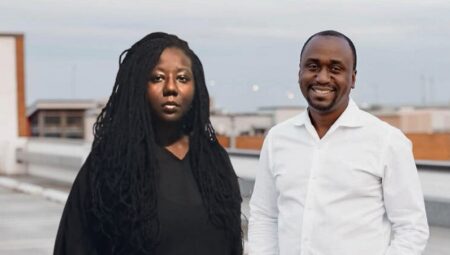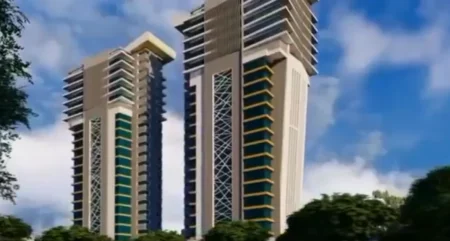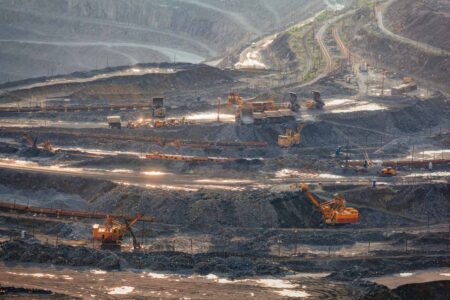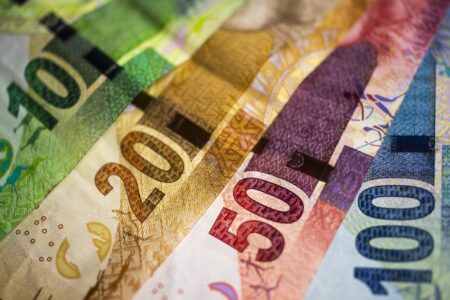- In 2015, BFA Global launched the Catalyst Fund to support and manage early-stage inclusive fintech startups.
- Assuraf is an African startup that attempts to deal with the harmful norms of insurance coverage within the content.
- Located in Kenya, Octavia is one of the twenty companies building DAC technology globally.
Catalyst Fund, a pre-seed VC fund and a startup accelerator in Africa, recently announced that 10 African startups had been accepted within their program. The Fund has announced a $2 million investment in the startups that are building and improving Africa’s ecosystem.
BFA Global launched the Catalyst Fund in 2015 to support early-stage inclusive fintech startups. The Fund offers affordable, accessible and appropriate digital financial solutions.
Despite focusing its reach among African innovators, it still has a global viewpoint. Initially, the Bill & Melinda Gates Foundation, JPMorgan Chase & Co., and fiscal sponsorship from Rockefeller Philanthropy Advisors baked up the pre-seed VC fund. Fortunately, as it progressed, it gained the support of international organizations such as the UK Foreign Commonwealth and Development Office (FCDO), PayPal, and Mastercard Foundation. Its collaborators directly reflect the amount of network reach and resources disposable to Catalyst Fund.
Catalyst Fund recently launched an initiative from FSD Africa, a financial sector development agency, to fund innovative African startups throughout the continent trying to improve the resilience of under-served, climate-vulnerable communities.
The key aim of this pre-seed VC fund was to find not just any Arfrican startup but rather select those that address the critical issues within the continent. It offered each of the 10 African startups $100,000 in equity investments and $100,000 of hands-on venture-building support. In addition, the startups will join the startup accelerator in Africa. Furthermore, they have become part of its portfolio of 61 startups across emerging markets. However, this listing will only involve the top 5 startups that stood out in terms of innovation and impact.
Agro Supply – Securing agricultural output in Uganda
Currently, over 1 billion farmers are suffering from food insecurity on a global scale. In Uganda alone, around 75% of its population relies solely on agriculture, while almost 45 percent live on less than $1.25 a day. Its Agriculture mainly survives on smallholder farmers who consistently face low food products due to the unstable climate conditions of the country. Recently, farmers have been plagued by dry spells that have affected the overall agricultural economy of Uganda.
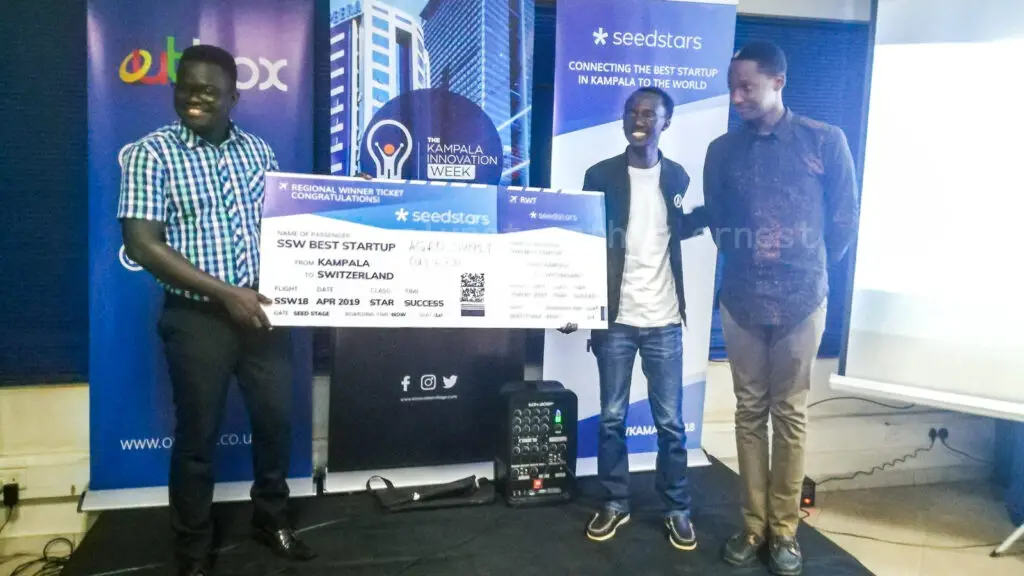
The first tier addresses the financial needs of the farmers. It acts as an alternative to microcredit that assists farmers in saving earnings from the harvesting period. When the next planting season arrives, they can access these savings to purchase seeds and fertilizer.
The second tier directly assists in developing high-quality inputs such as seeds, fertilizer and tools. Agro Supply has established a functioning team that ensures each farmer receives tested and quality tools that eases the process of planting and harvesting.
ALSO, READ Uganda Tourism board partners with Agribusiness Enterprises.
The third tier involves customer service and training. Despite providing the means and financial aid, educating the farmers on modern farming techniques will ensure a more lasting yield. The final tier is area yield index insurance based directly on the field in an area of land. This product allows Agro Supply to determine the amount of yield a land can produce to give accurate estimates to the famer.
The pioneers of Catalyst Fund were impressed by this African startup and saw the practical applications it had on small scale farmers.
Providing affordable insurance through Assuraf in Senegal
Assuraf is an African startup that attempts to deal with the harmful norms of insurance coverage within the continent. Starting from its homeland, Senegal, Insurance companies cover less than 1.6% of the population – a low rate due to the low public understanding of insurance products.
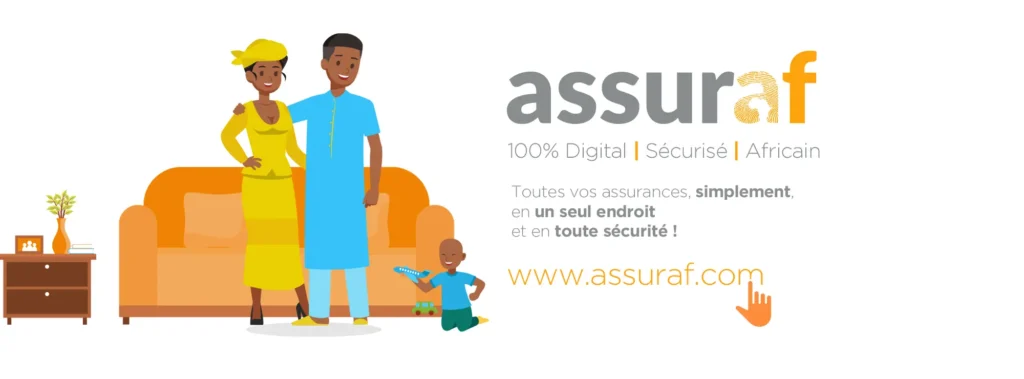
Assuraf inspired the pre-seed VC fund by rolling out products efficiently and targeting low-income and climate-vulnerable populations. Through this, they have slowly shattered the norms surrounding insurance coverage, not just internally but the entire African ecosystem.
Monetising solid waste in Egypt
Bekia is a startup working in the waste management sector in Egypt since 2017. Egypt is one of the leading economies in Africa in multiple sections such as technology, agriculture and manufacturing. As a result, the country produces an annual average of 90 million tons of solid waste. But the country collects only half of this waste. Bekia took advantage of Africa’s digital economy and now offers a way for users to monetize their waste through a mobile app, web platform or WhatsApp.
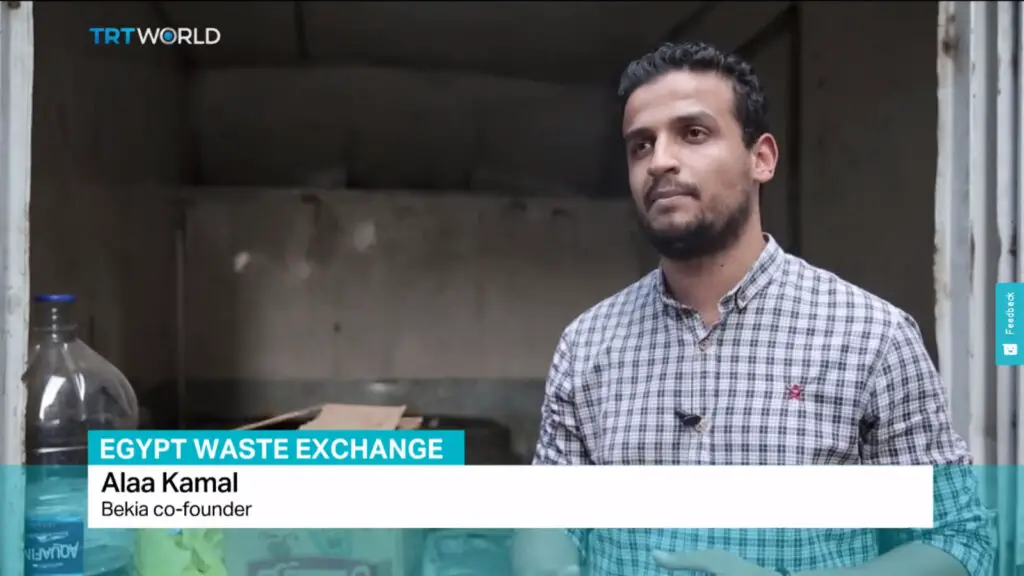
Providing a digital emergency service in Nigeria
Eight Medical is a startup seeking to improve the continent’s healthcare sector. It is a cloud-native EMS platform that provides on-demand urgent care when and where needed. Some may say it’s essentially the “911 for Africa”. Currently, almost 1.52 billion Africans lack access to emergency medical services(EMS), which leads to a significant death rate within the country.
Eight Medical seeks to provide rapid EMS to any person in 10 minutes or less, regardless of income level. The start-up introduces a fairly-priced and rapid response team that saves lives first. Fortunately, one of its revolutionary applications is its “CARE NOW PAY LATER” programme, which caters to those unable to pay their fee. The program stipulates that a patient can pay back the fee in instalments, which will not affect future services if not serviced. This means that patients can access the services of Eighty Medical despite having a bill.
Transferring carbon requirements to much needed areas in Kenya
Located in Kenya, Octavia Carbon is one of the twenty companies building DAC technology globally. This African startup has awed the startup accelerator in Africa with its prototype DAC (Direct Air Capture) machine. It removes CO2 from the atmosphere and either stores it in rocks or makes it available to industries like Floriculture requiring carbon.
Octavia Carbon provides a means to clean one ecosystem while providing the needs of another. With the new carbon economy slowly growing, Octavia has placed Africa at its front lines. By collecting CO2, they can create products like synthetic fuels or plastic, eventually creating innovative and sustainable economic growth. This has the potential to improve Kenyans’ livelihood drastically and, if appropriately scaled, can create entirely new jobs directly addressing the country’s high unemployment. Indirectly, DAC can also eventually change the economics of geothermal energy by using waste heat, co-utilizing injection wells, and providing a reliable off take for excess energy.





